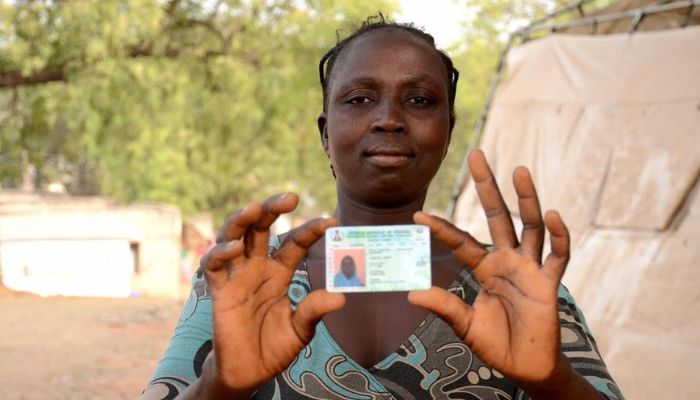
From COVID-19 lockdown, the pandemic-induced recession in 2020, and increasing levels of insecurity, kidnapping, and banditry in Nigeria, voters are faced with a lot of societal and economic issues which might form some of the basis on which the next leaders are elected.
Amidst global commodity shocks, a depreciating currency, trade restrictions, monetization of the deficit, and surging inflation pushing millions of Nigerians into poverty, the 2023 election would be a significant crossroad for Nigeria’s development. With our pre-election survey, these are the critical areas that Nigeria wants the next administration to prioritise:
Learn more about each sector